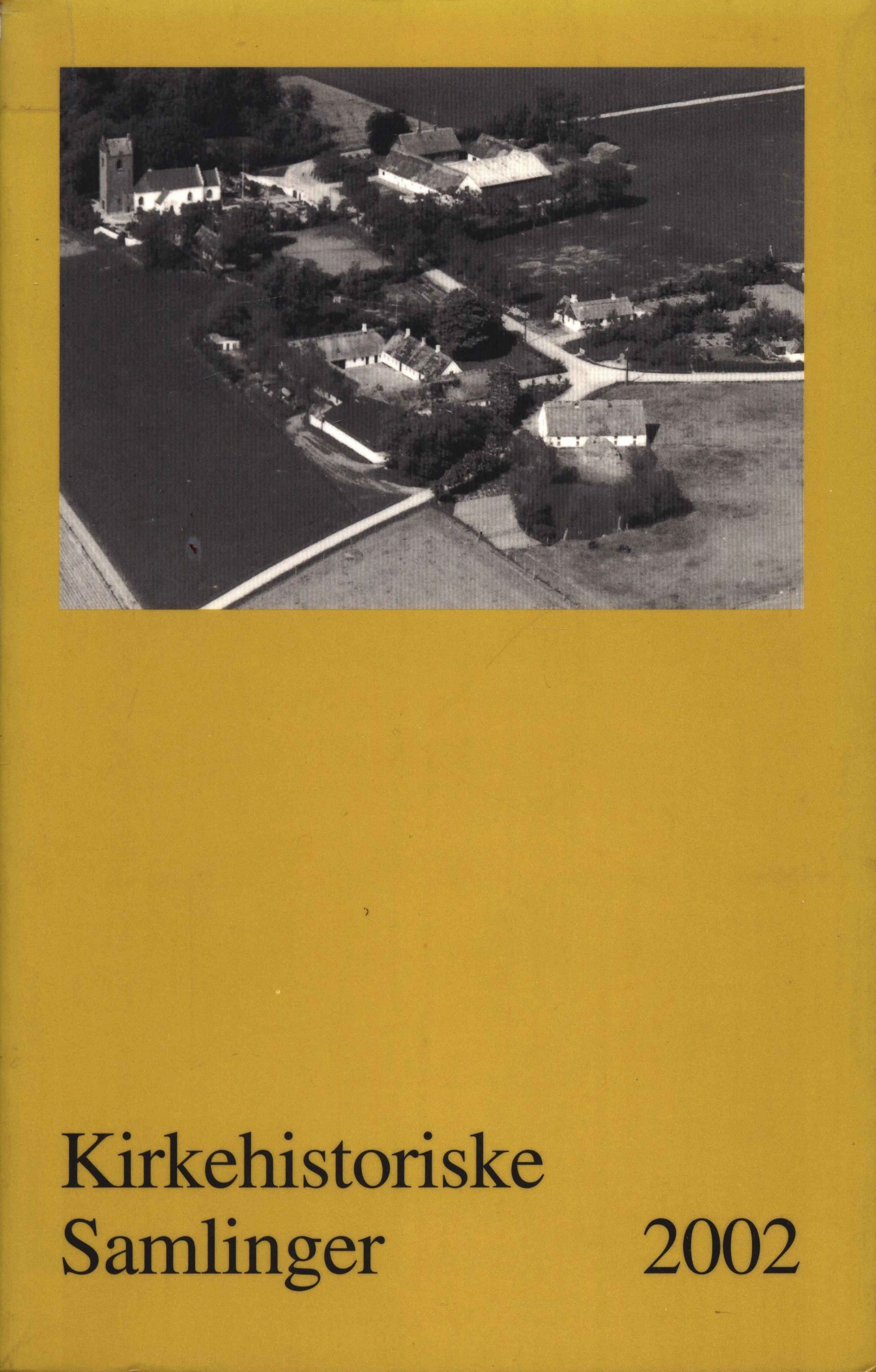Publiceret 15.12.2002
Citation/Eksport
Copyright (c) 2024 Tidsskriftet Kirkehistoriske Samlinger

Dette værk er under følgende licens Creative Commons Navngivelse – Ingen bearbejdelser (by-nd).
Resumé
According to information from Peder Palladius himself (letter of 1550) the Thabor story has had a decisive importance for his conversion to Lutheranism. In 1554 he preached a series of sermons on the Thabor story, published 1555 under the title »Den offuermaade herlige Historie om vor Herris Jesu Christi ærefulde forklarelse paa Thabor bierg, predicket oc vdlagt aff Docter Petro Palladio«. This series of sermons can be characterized as his swan song and his theological testament. As already pointed out (by Martin Schwarz Lausten), Palladius is here literary dependent on the sermon on the Thabor story in Veit Dietrichs »Kinder Postilla«. This study proves that Palladius is also literary dependent on the commentary on St. Matthew by Martin Luther (»Annotationes in aliquot capita Matthaei«, 1538). Still, in the series of sermons original parts are to be found which reveal the author of »En Visitatsbog«. At the head of the interpretation, as the »summa« of the story, he places a paraphrase of the confession formulated by Luther in his commentary on St. Matthew, by means of which the Thabor story by Luther is seen as a confirmation of the confession by St. Peter the Apostle (Matth. 16,16). From Luthers point of view the confession constitutes the direct relationship to Christ himself. Luthers confession is quoted by Palladius in the last sermon. The confession has another content by Palladius. Here it testifies to the authority of the Holy Bible as a divinely delivered tradition from heaven. This study proves, however, a significant influence by Melanchthon, although not a literary one. The interpretation by Palladius is founded on the scheme of interpretation by Melanchthon, i.e. the dialectical method, that concludes in deducing loci. To this scheme he arranges his material, partly drawn from Luther, partly from Dietrich and partly his own account. As to the theological substance the series of sermons is characterized by the theology of Melanchthon.

